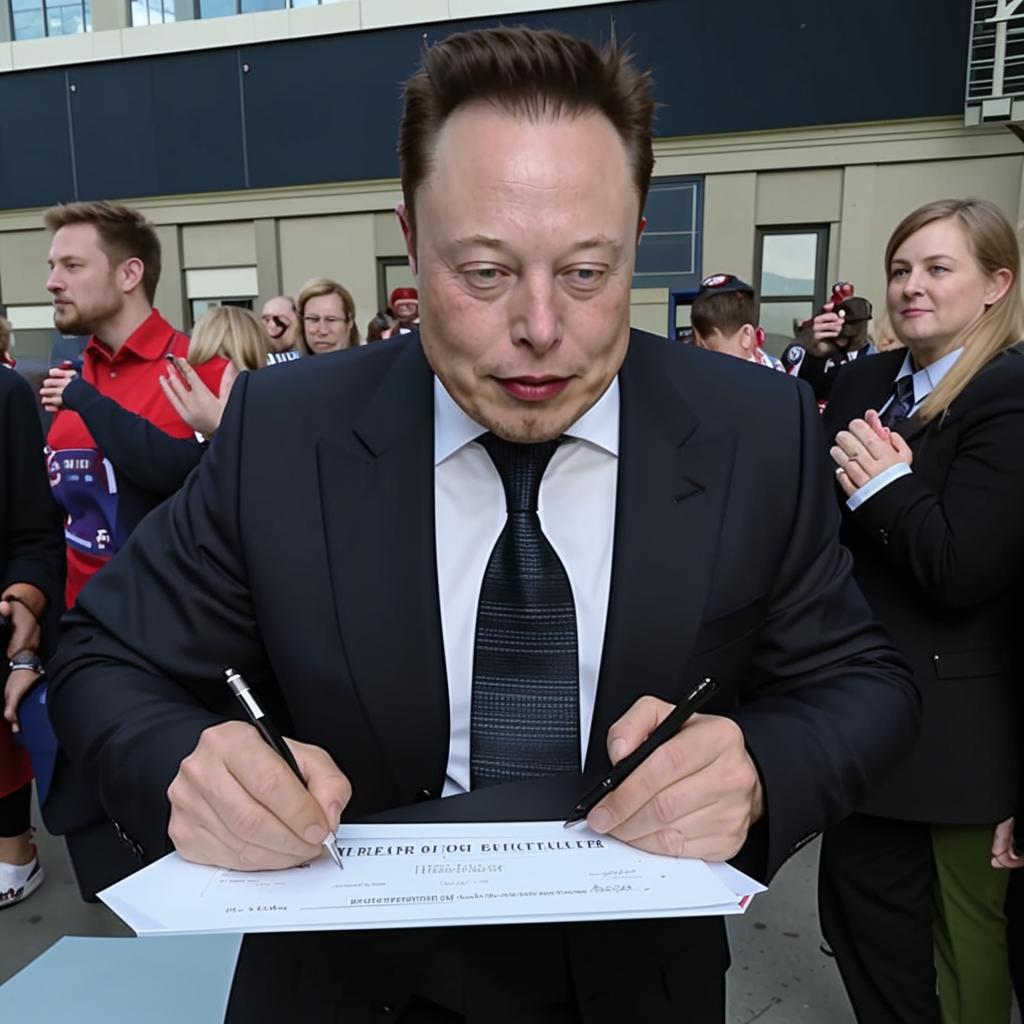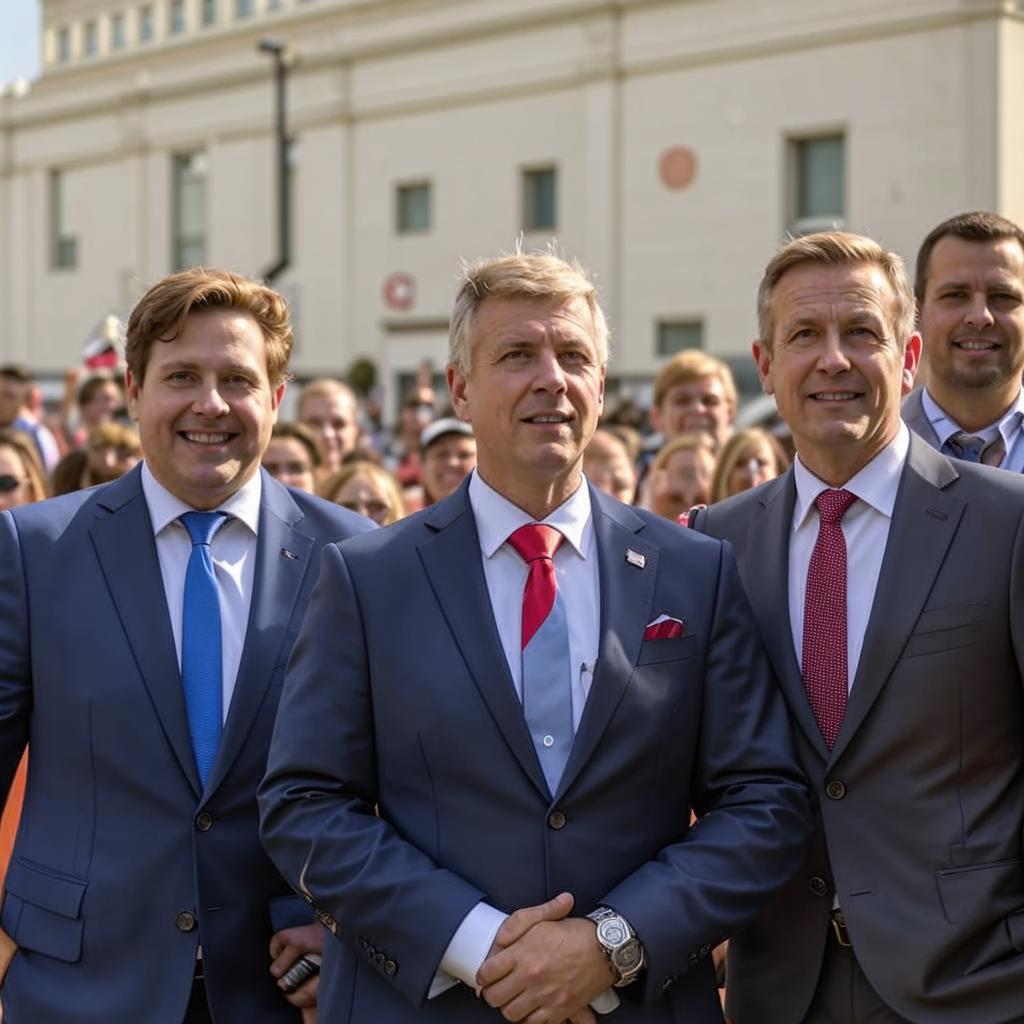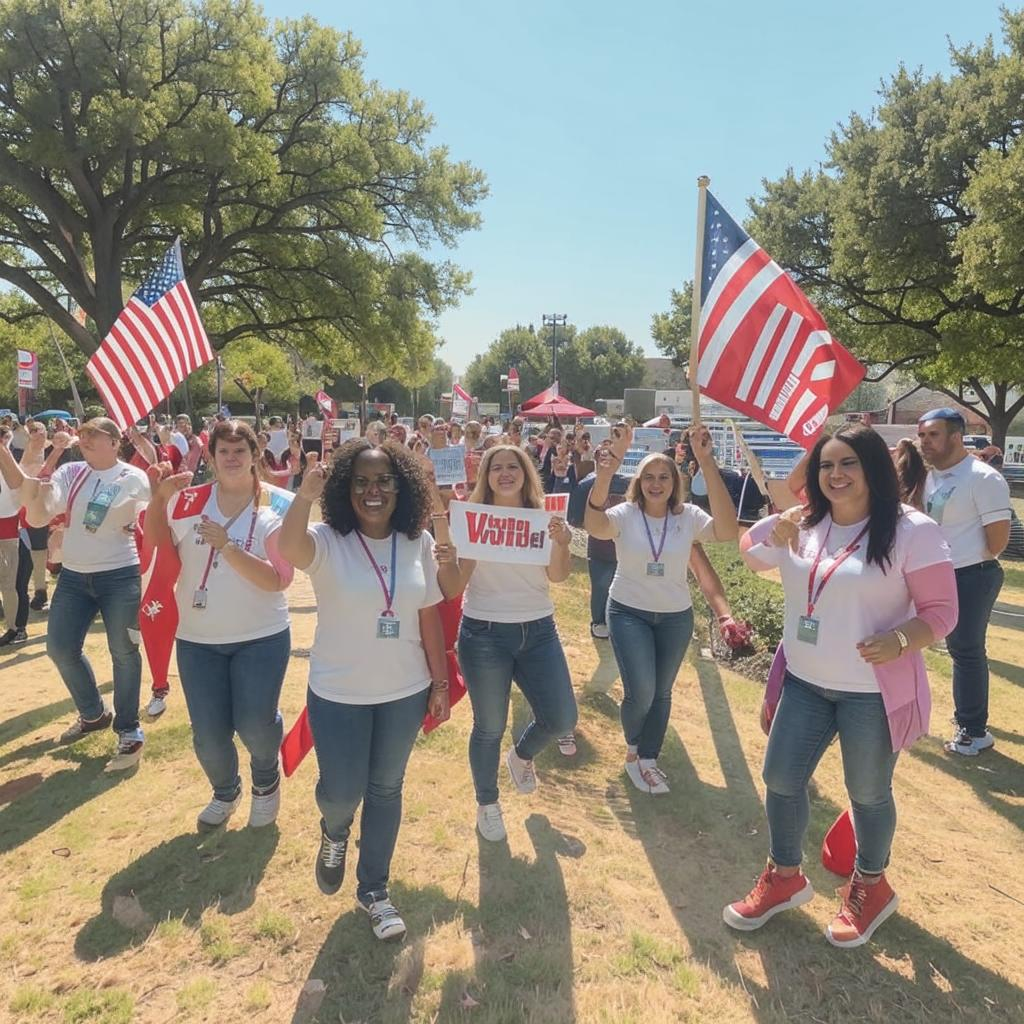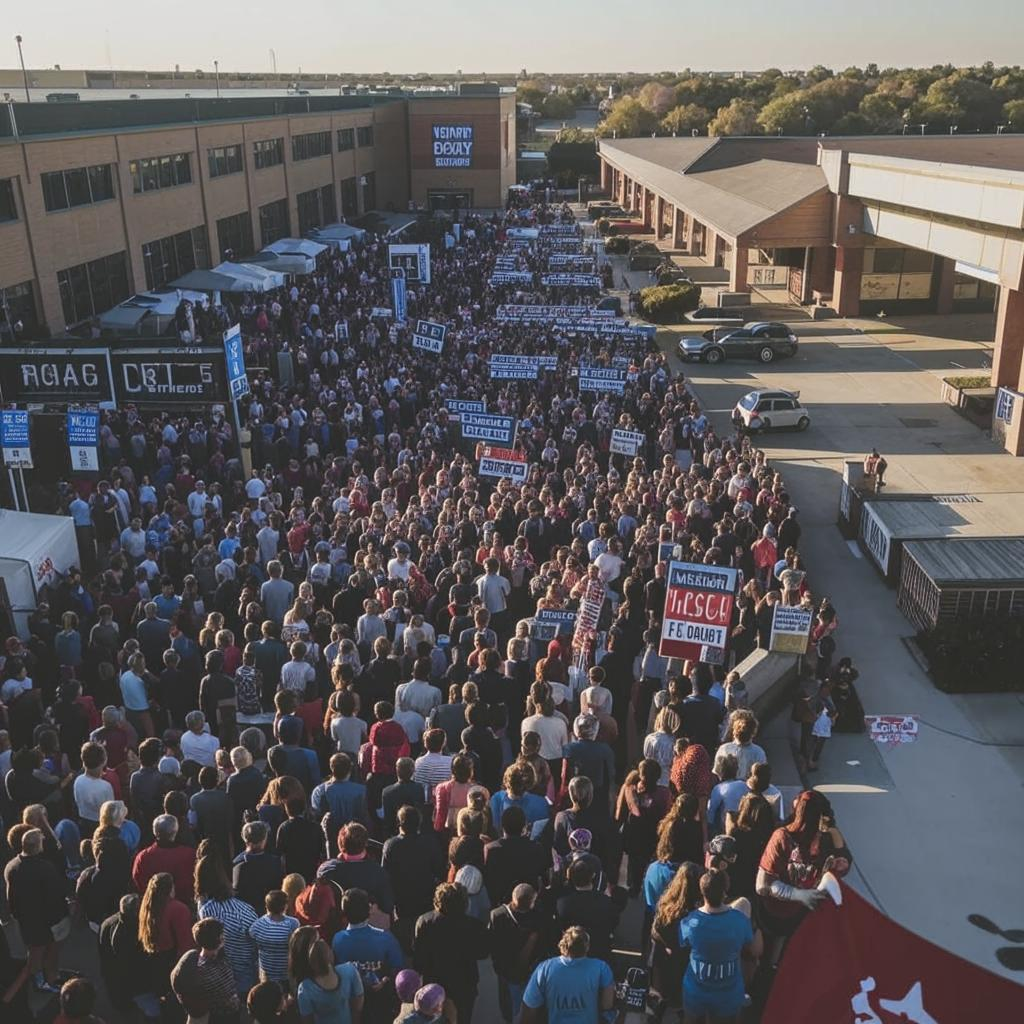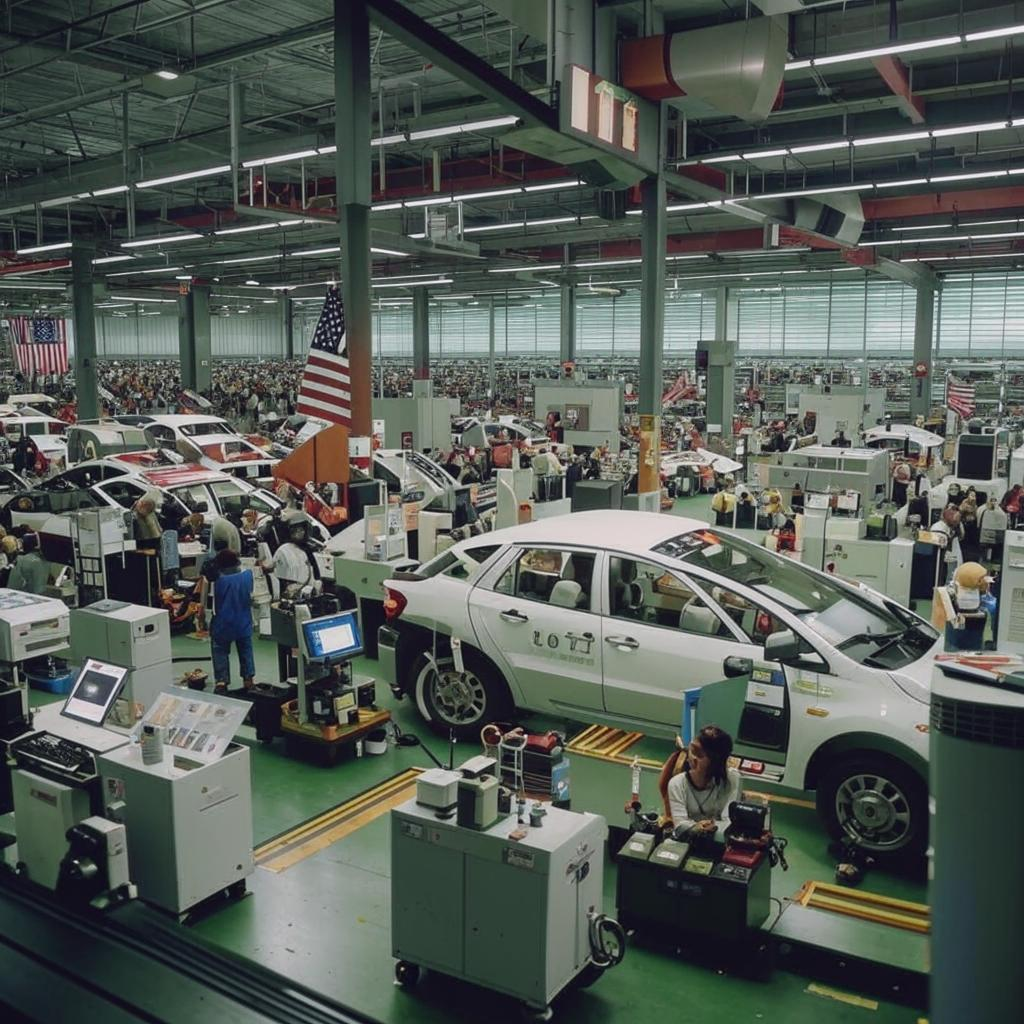Concerns rise over Elon Musk’s massive individual gifts. The billionaire businessman has reportedly given out $1 million checks to select individuals who publicly expressed their support for specific political candidates. This has sparked debate about the legality and ethical implications of such actions, raising questions about campaign finance regulations and potential undue influence on elections.
While Musk claims these are personal gifts and not direct campaign contributions, critics argue that the timing and targeted nature of these donations suggest otherwise. Election law experts are divided. Some believe these actions fall into a gray area, exploiting loopholes in campaign finance laws that were designed to regulate traditional forms of political spending. They argue that coordinated efforts between wealthy individuals and campaigns, disguised as personal gifts, could undermine the integrity of the democratic process.
Others contend that as long as the funds are not directly funneled to campaigns or used for explicit campaign advertising, they may be protected under free speech. However, the sheer size and the strategic distribution of these gifts raise serious concerns about fairness and equal access to political participation. Investigations by campaign finance watchdogs are underway to determine if any laws have been broken. The outcome could set a significant precedent for future elections and the role of wealthy individuals in shaping political outcomes. The Federal Election Commission (FEC) is under pressure to clarify existing regulations and address emerging forms of campaign finance that exploit legal loopholes. Finishtit
